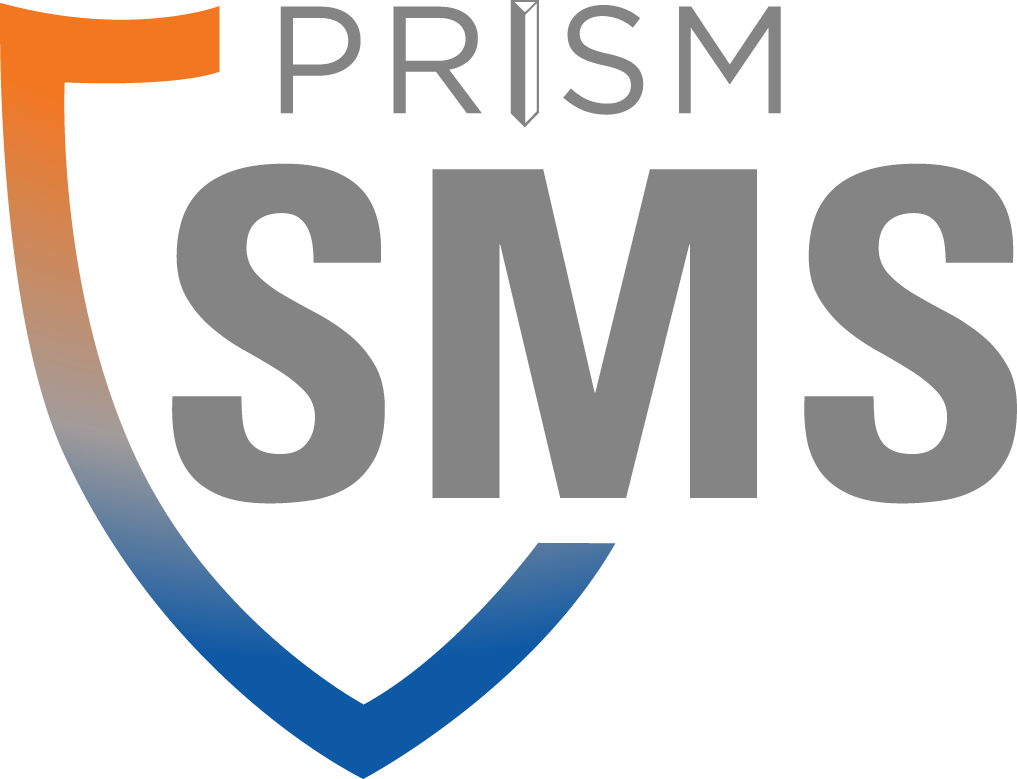PRISM provides a constructed Internal Evaluation process in the form of monthly progressive and in-depth checklists that evaluate various aspects of the operations and maintenance functions of your organization. Taking a small amount of time each month to complete the checklist will serve as a valuable cross check and help uncover latent deficiencies that need revision or improvement. This Internal Evaluation Program is an assurance component of your Safety Management System.
The PRISM Internal Evaluation Program is comprised of 24 Operations and Maintenance audit checklists. A new updated checklist is created and released monthly according to the following schedule:
Internal Evaluation
| 2024 | 2025 | |
|---|---|---|
| January | Maintenance 8. Maintenance Records | Maintenance 2. Maintenance Personnel |
| February | Operations 8. Cabin Crew and Survival ALSE | Operations 2. Safety Management Performance |
| March | Maintenance 9. Fueling and Service | Maintenance 3. Quality Assurance |
| April | Operations 9. Scheduling | Operations 3. Flight Operations |
| May | Maintenance 10. Maintenance Manuals | Maintenance 4. Inspection |
| June | Operations 10. Charter and Supplemental Lift | Operations 4. Pilot Records |
| July | Maintenance 11. Facilities | Maintenance 5. Maintenance Training |
| August | Operations 11. Security and Dangerous Goods | Operations 5. Pilot Hiring |
| September | Maintenance 12. Stores and Shelf Life | Maintenance 6. Maintenance Control and Planning |
| October | Operations 12. Operational Control | Operations 6. Pilot Training |
| November | Maintenance 1. Maintenance Management | Maintenance 7. Aircraft Condition |
| December | Operations 1. Operations Management | Operations 7. Flight Standards |
Internal Evaluation Paper Backups
Printable / downloadable copies of the Drug and Alcohol Program Checklist and the last three months scheduled checklists are provided below. If you would like a printable / downloadable copy of other checklists, use the Contact Us icon (looks like an envelope) at the top of the page in the Prism SMS website or by simply emailing us directly at: prism@argus.aero. If you email us directly please include your account name in the message.
Drug and Alcohol Program (Part 135) (2025)
A drug and alcohol program is a regulatory requirement for a 119 certificate holder authorized to operate under FAR Parts 135, and air tour operators defined in FAR Part 91.147.
FW/RW Operations 6 - Pilot Training IEP Checklist (2025)
The flight crew training program is designed specifically to comply with regulations and meet the needs of the operation. Training requirements are dependent not only on aircraft type but also the operating characteristics and demands of the organization. It is the responsibility of management to monitor training effectiveness and provide guidance and adequate training for flight crew members to ensure sufficient preparation and proficiency. Training should also encourage positive team building behaviors and personal development. Continual evaluation of training design and content, and validation of conducted training is a critical component of ensuring flight crew preparedness. Change management is employed to consider the effects of change on existing training requirements.
FW/RW Maintenance 6 - Maintenance Control and Planning (2025)
A formal system is required to ensure maintenance activities are completed on time and within procedural and regulatory guidelines. Aircraft status must be accurately tracked using constant and effective communication; critical information must flow between maintenance and operations. Qualified personnel must monitor maintenance planning, ensure completion of maintenance actions, and track deferred discrepancies without exception. Auditing required tracking items is the most effective method of monitoring and verifying. Deferred maintenance actions should be identified to supervisory personnel and corrected in accordance with the criteria provided by the manufacturer and the operation’s own MEL.
FW/RW Operations 5 - Pilot Hiring IEP Checklist (2025)
Pilot Hiring Process: Established company policies and procedures are in place to ensure applicants are carefully screened as part of the hiring process, adequately assessing their suitability to perform the specific flight crew duties demanded by the organization. Consideration is given to applicant’s collective background, adaptability, and long-term ability to carry out all company missions safely. If a crewmember is hired who is lacking in some specific experience or qualification, a specific training and observation plan is developed to ensure requisite experience or qualification is obtained prior to assignment.
